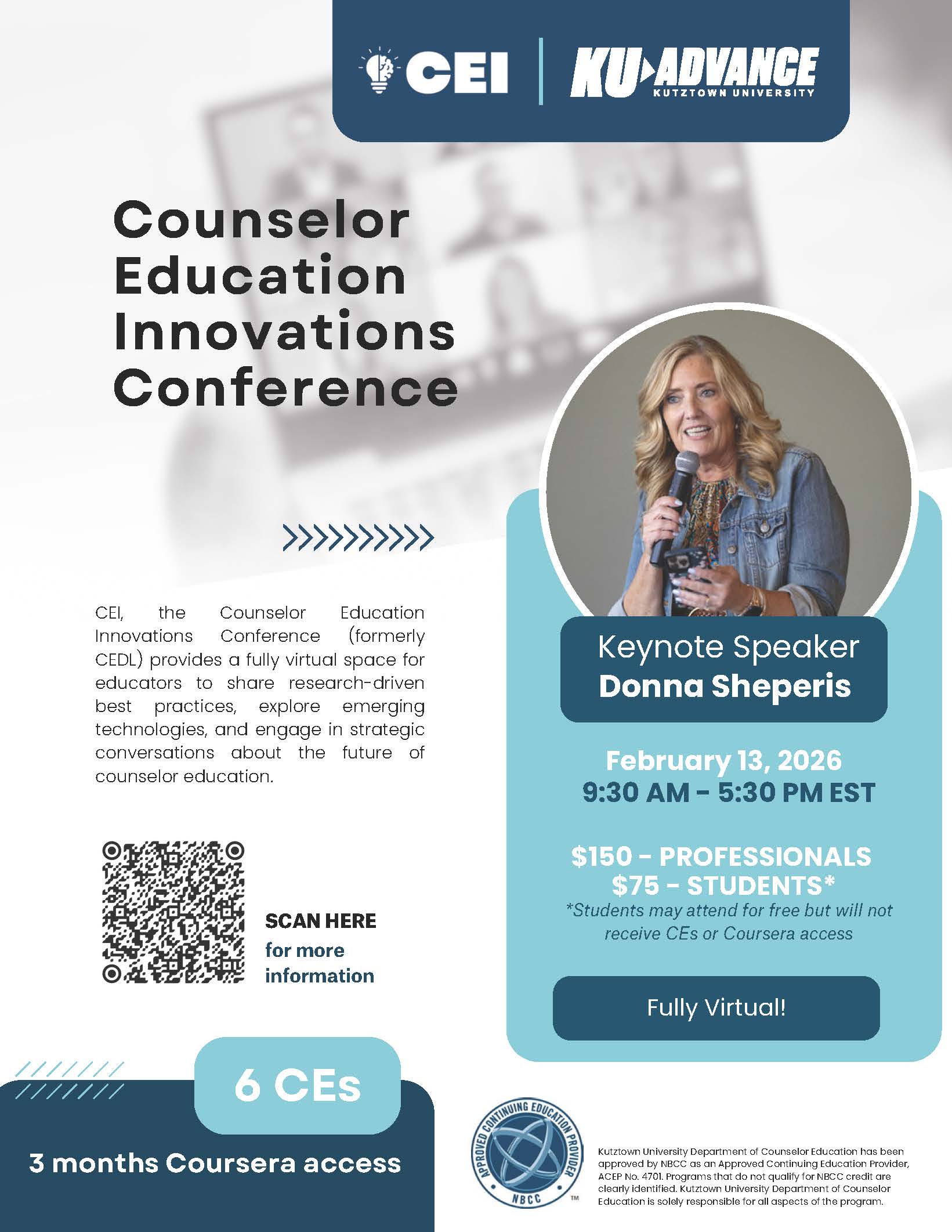Journal of Counselor Preparation and Supervision
Volume 1, Number 1 (2009)
Editor Notes
The very first line of the first edition of this journal contains two major themes; thank you to all of those who have worked to create this new and much needed platform, and welcome to all of you who will serve to fill, digest and make meaning from the pages within.
The editorial board members identified in the front matter of this journal have offered great insight, skill and attention in the development of the journal, from its origins as a kernel of an idea, to what you are reading at this very moment. From the very start, they provided enthusiastic and careful feedback that honed and shaped your journal.
When the original idea to materialize the voices of NARACES members in a new publication was presented to the NARACES Executive Board, our leaders led the way by (1) embracing the concept, (2) offering pragmatic seasoned advice, and, (3) allowing the editorial board to bring the concept to life. Good leadership finds a way for solid ideas to emerge. What we hope to have happen with this journal is to enhance the field of counselor preparation and supervision while offering another publication venue. If you have attended a recent NARACES conference, you are probably aware of the diverse, significant and worthy voices within our membership. This journal will allow us to share and build upon the innovative work being done throughout the region. The excellent efforts of our editorial board, executive board and authors have led to the pages that follow.
In the first article, the authors cover activities that articulate reflective practice within a CACREP curriculum. The authors ask us to consider the value of immersing students purposefully and consistently in reflective practice throughout their coursework in a cohesive and systematic way. In the second article, the authors use qualitative research design to better understand the experience of faculty in the dawn of their career. The authors provide suggestions applicable to both counselor educators and students in the process of completing their doctorates.
The author of the third article provides a deep inspection of the use of metaphor across counseling, supervision and counseling theory. The author posits poignant questions for readers that encourage reflection on the use of metaphor as a vibrant and useful tool in counseling and counselor education.
In the fourth article, the author utilizes a mixed method pilot study to highlight potential directions for thought and further research regarding the use of data by school counselors. The author infuses technology as a potential variable in the use and management of data by school counselors.
It is clear that this inaugural edition of our journal contains diversity across topics, style of writing, and research methods. It contains work done as student- faculty partnerships and solo projects. Once again, thank you to all involved in the development and digestion of this journal.
Articles
Reflective Learning within a Counselor Education Curriculum
David J. Tobin, Rebecca A. Willow, Erin K. Bastow, and Erica M. Ratkowski
Career Experiences of Counselor Educators: Early and Near-Tenure Experiences
Dana H. Levitt and David A. Hermon
Intricacy Unveiled: Metaphor, Models, and (Mis)Understanding in the Behavioral Sciences
Scott L. Horton
Evaluating the Effectiveness of a Professional Development Workshop to Increase School Counselors’ use of Data: The Role of Technology
Timothy A. Poynton
Complete Issue



